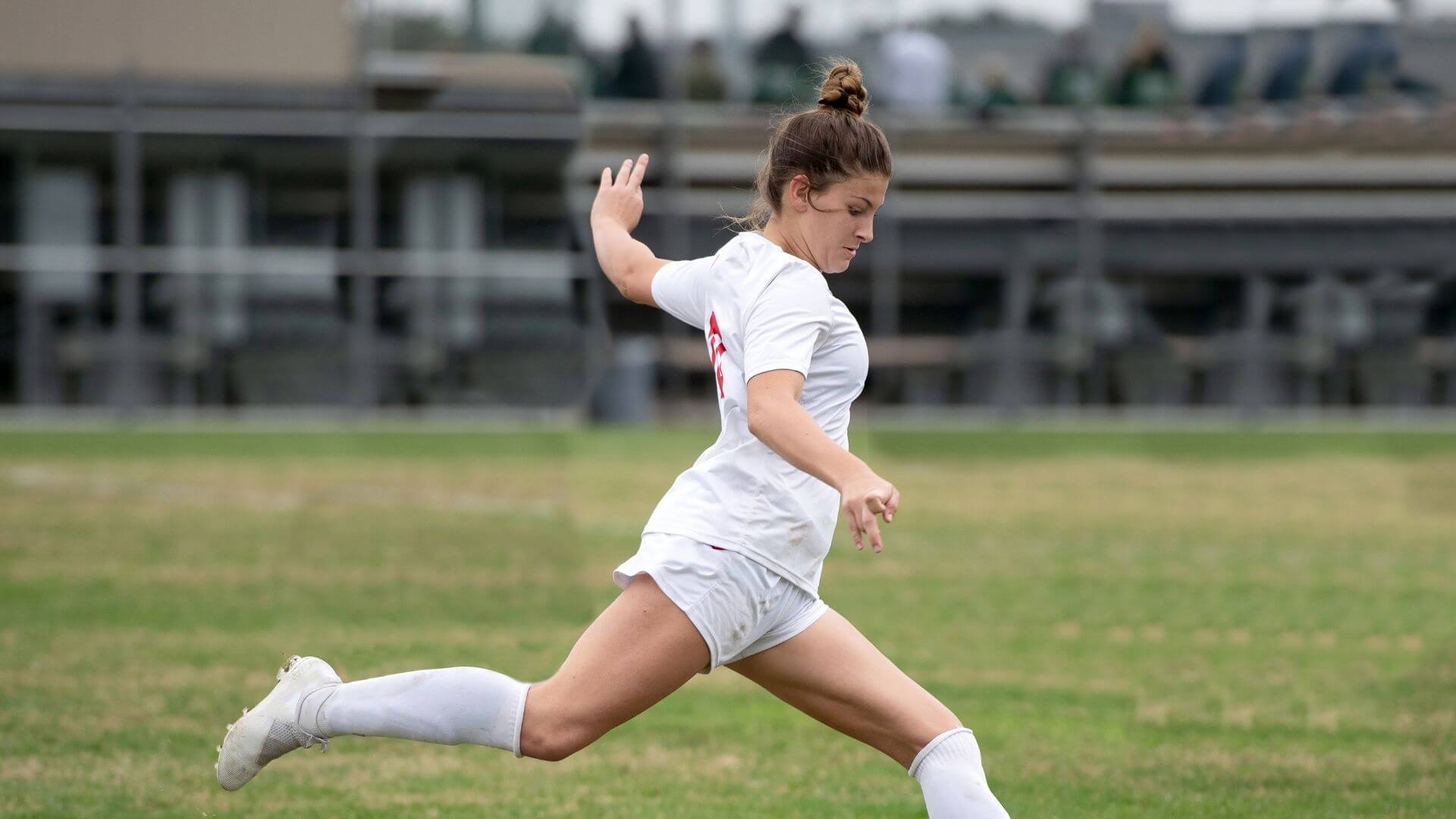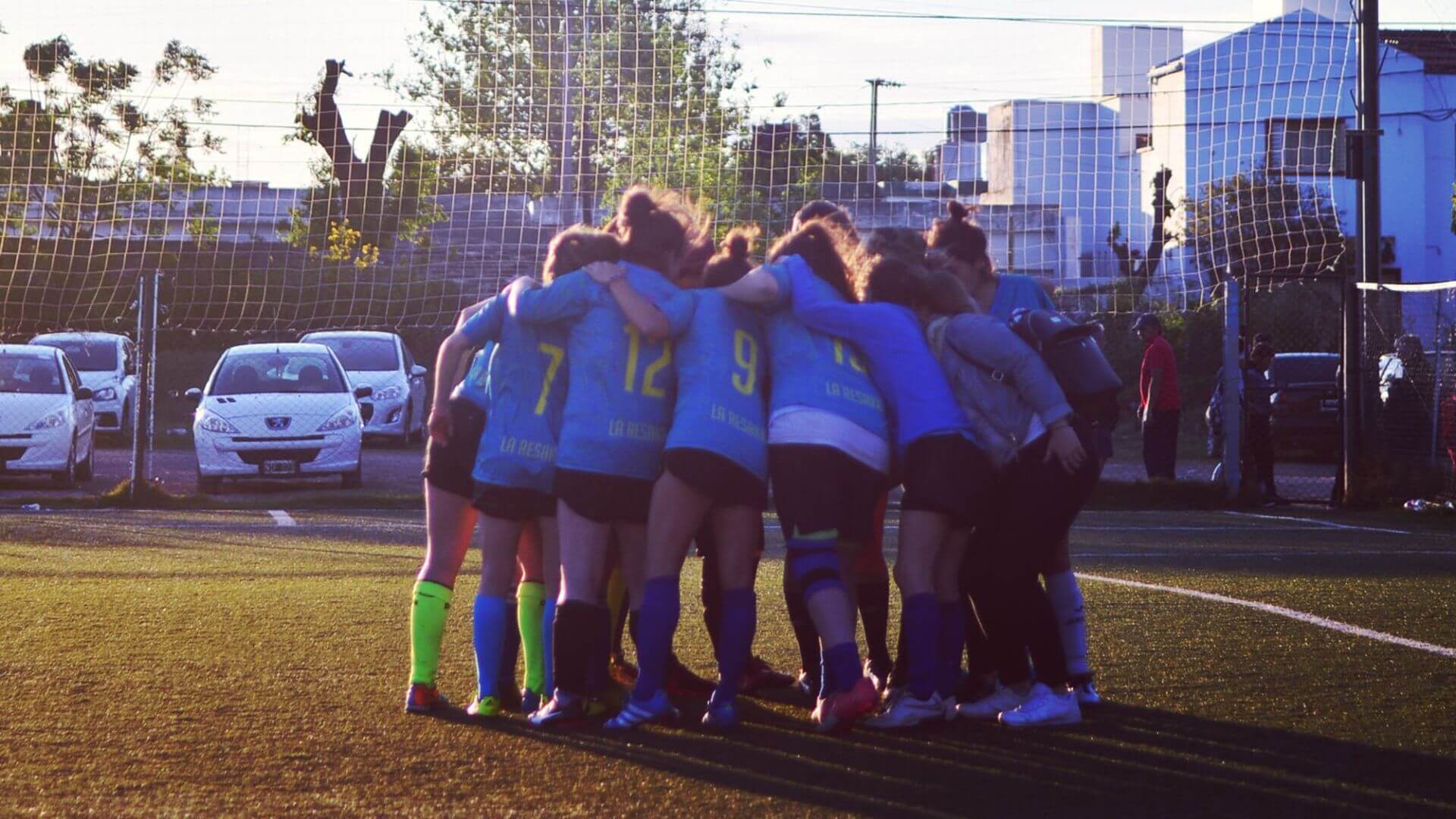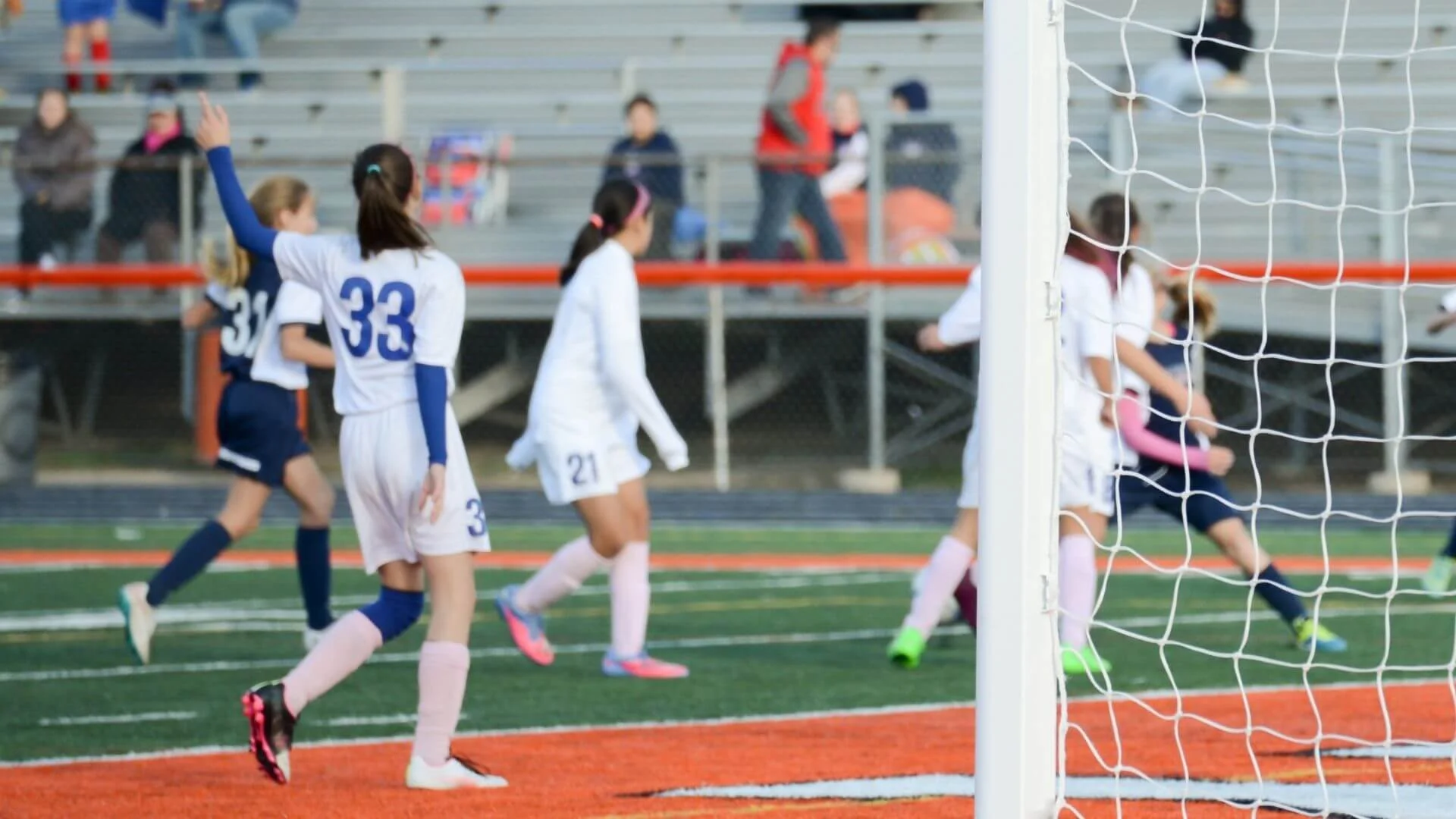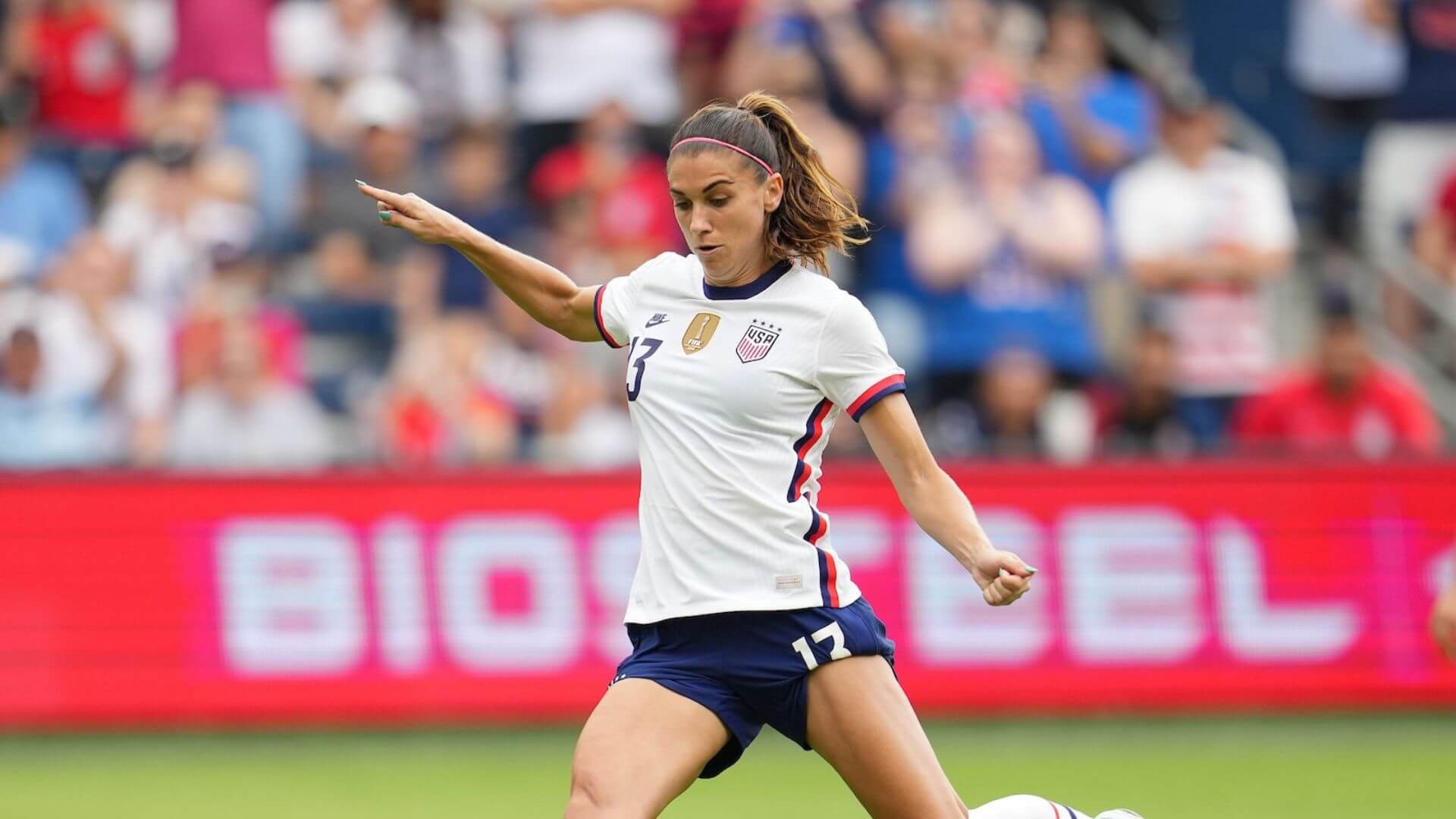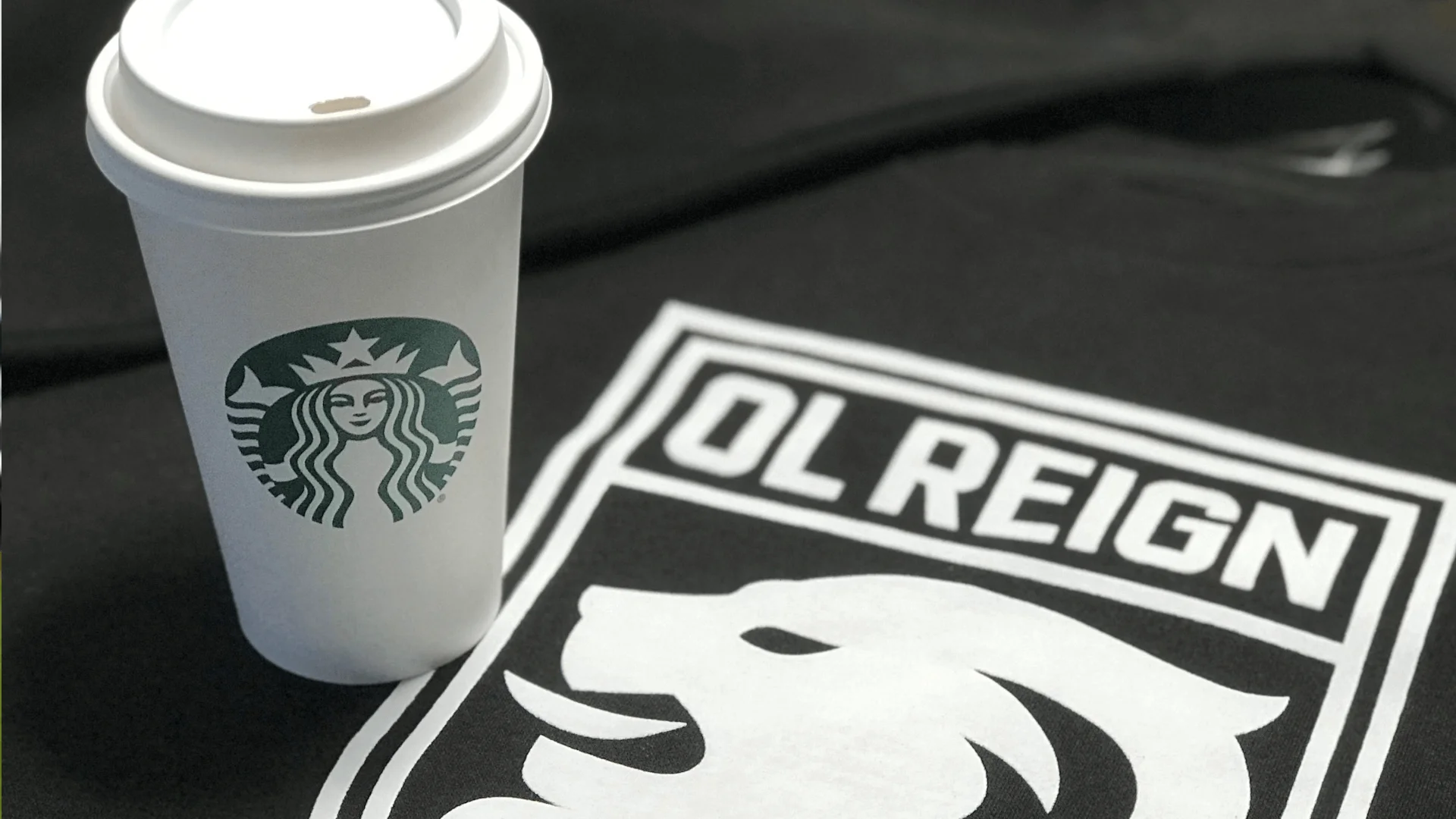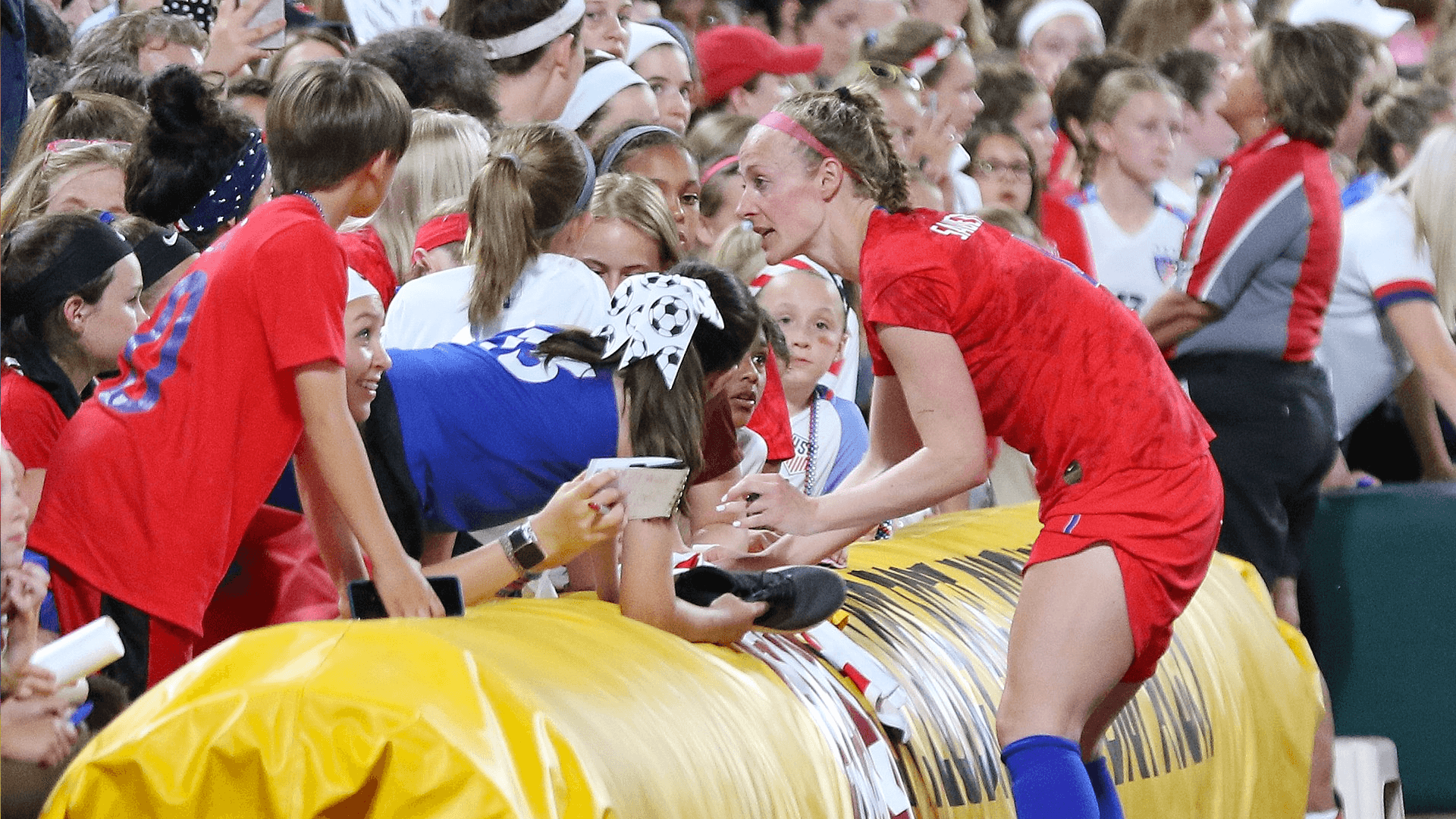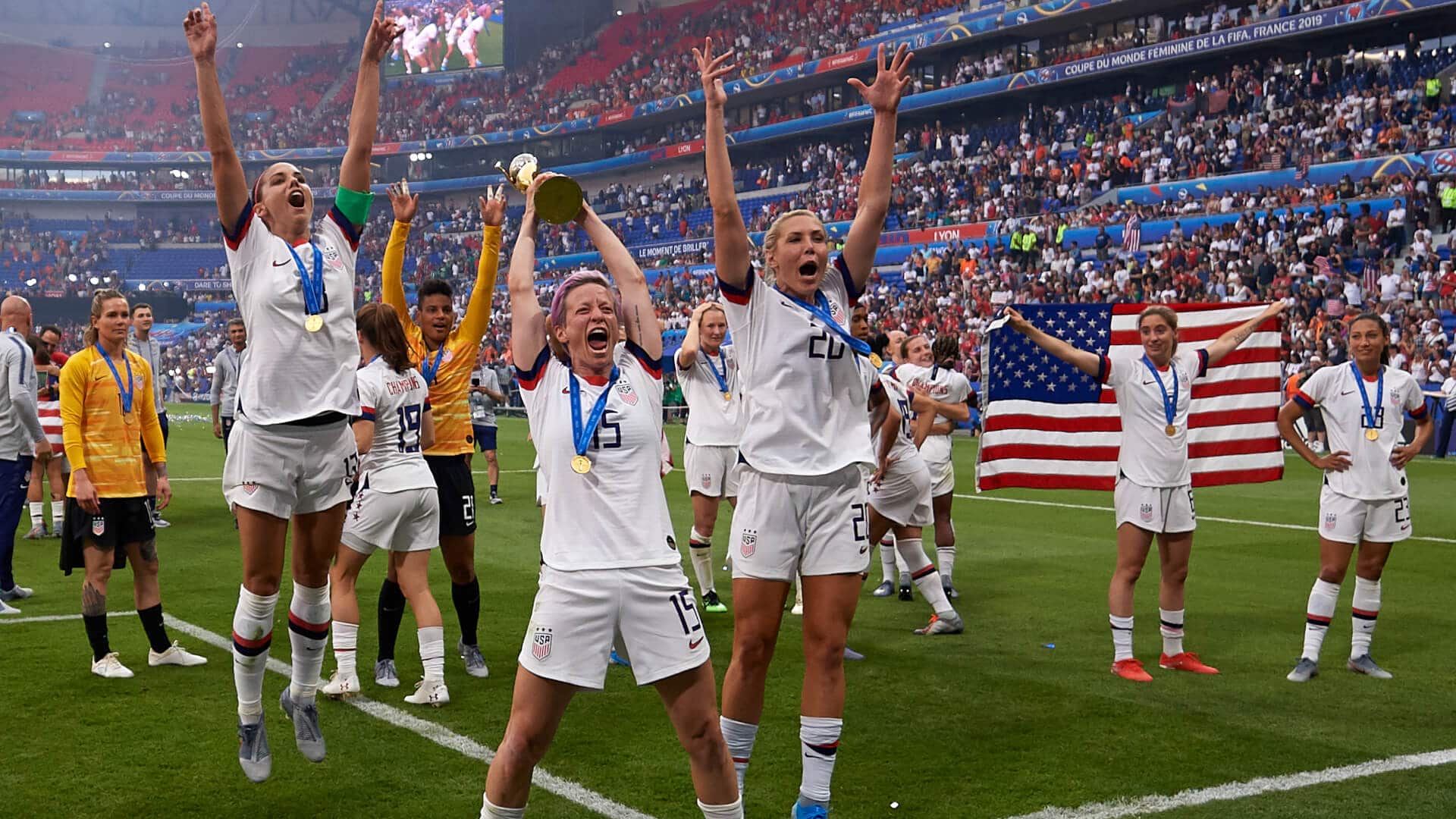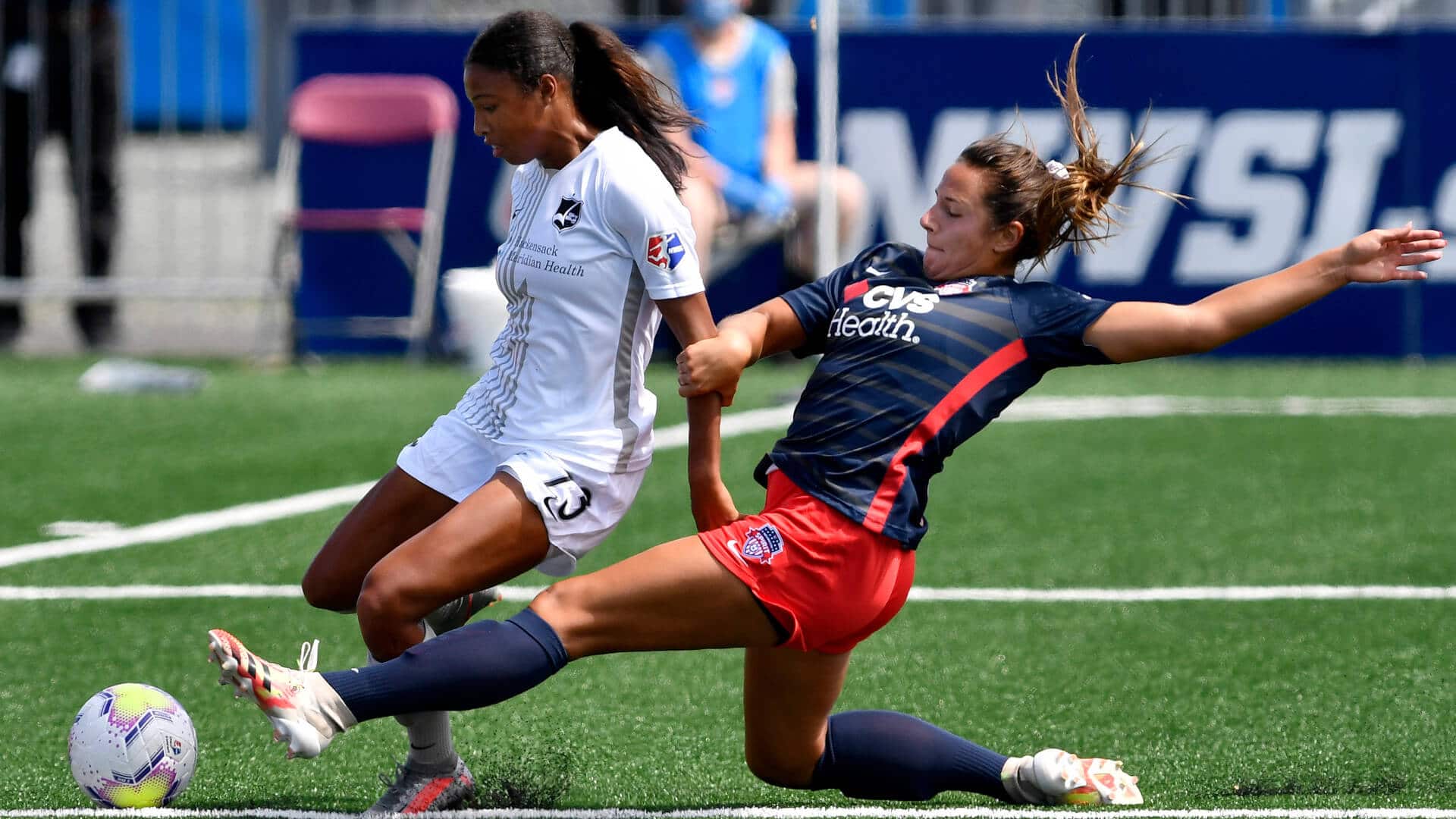The Difference Between Good and Great
Talent. The magic word we know helps catapult star athletes to the forefront of their respective teams every day. But at what age does talent no longer run the show? Understandably, we rely solely on our raw talent when we’re younger. But the older we get, the more focused we become on a single sport, a single goal, and a single dream in terms of the beautiful game.
At this point, we reach a crossroad where we have to ask ourselves some hard and important questions, like what makes me different and “better” than all the other talented soccer players out there? What can I do not just to be good, but to be GREAT?
I was raised playing soccer outside the United States. I didn’t play competitively until I returned to the USA in middle school. During my early years on the pitch, my natural speed and competitiveness aided me greatly. But, at the age of 13, I was still kicking with my toe and had no clear understanding of the rules or positioning inside the field.
Fortunately, I am a very hard worker, and I am always motivated to out-hustle my teammates and rivals. My natural talent was and continues to be the foundation I build my technical and tactical game upon. The result? Four years as a D1 college athlete and over eight years as a professional soccer player.
Good players are talented. Good players have the skills. But at what point does a good player become a GREAT player? The higher the level of play, the smaller the difference between good and great players. What it really comes down to is the WORK.
First, you have the physical work
This means being willing to always do extra reps outside of practice. It also means taking care of your body, inside and out. Proper nutrition, adequate hydration, appropriate stretching, weight training, icing, and resting are all essential off-the-field details that GREAT players focus on.
The second type of work is the mental work.
This means that even when hit with adversities and roadblocks on and off the pitch, GREAT players just don’t give up. GREAT players keep believing in themselves and stay focused and confident in reaching their goals, no matter what. And when things aren’t going their way, they find ways to self-motivate. GREAT players also constantly remind themselves of why they do what they do, why they sacrifice as they do, and why they push themselves through the inevitable hard and painful times the game shovels out.
Third, another form of work that helps convert the good player into the GREAT player is their learning process.
What does this mean? A GREAT player will learn from everyone and every situation, good and bad. GREAT players thoughtfully observe their teammates, rivals, and coaches. GREAT players ask questions and keep a clear line of communication between themselves, their coaches, and their teammates. To improve their play, they study the game at the highest levels and use what they observe as a study guide to learn and improve themselves. The GREAT player is a sponge to everything and everyone, soaking up all that can potentially benefit them.
Lastly, the GREAT player puts themself first.
Soccer is a team sport, so putting oneself first may seem counterintuitive or selfish, but the truth is, if a player doesn’t hone in on their own “controllables” (attitude, effort, thoughts), then they tend to expand their sphere of focus to problems and situations outside of their control, causing frustration and exhaustion. The GREAT soccer player knows that if they stay focused on their role within the team, they’re in a much better place mentally, emotionally, and physically to be a better teammate, a successful role model and leader, and more helpful to the team as a whole.
There are other avenues toward greatness besides those mentioned here. But no matter which avenue you choose to follow and explore, the most important thing to remember is that growth is a personal choice. Whether you were born with natural talent or not, you can become GREAT! Why? Because [hard] work (physical, mental,or otherwise) always beats out raw talent when raw talent chooses not to work hard.
Feature photo via Adobe Stock @James
_
GIRLS SOCCER NETWORK: YOUR SOURCE FOR GIRLS SOCCER NEWS



